There’s been a lot of fanfare and trailers about BBC Radio’s new ‘online first’ facility. We can now get hold of programmes and listen to them before they go out on air, or download the series and listen to the whole lot in one go. Nothing so strange about that, given the powers of digital, its accessibility and flexibility. But the Radio 4 website is also offering new online-only content, which will never be broadcast in the traditional way. Best Queue is a drama series told in very short (just over four minutes) episodes. Angie and her family are waiting in a massively long queue that promises a large cash handout for those who eventually get to the front. But as the queue gets longer and longer things begin to unravel as tempers fray and people lose sight of normal life.
It is a clever idea but why not, then, broadcast it as usual on air and online? Online first, it could be said, will generate excitement about a programme and draw in the digital diehards, but why make programmes online only? Especially since the drama budget on radio has been pared down to the bone in the past few years, with more repeats and fewer original productions. Why, then, stretch it even further by extending the schedule beyond its on-air frontier?
I guess it creates opportunities for more experimental drama. The four-minute episode would not work within the Radio 4 schedule. It’s too long to slip in between programmes and too short to have its own designated slot. But is four minutes an ideal length for drama? It’s too short to build up character definition; or for the listener to have time to differentiate the voices. There is tension in Best Queue but it doesn’t really take hold of you because four minutes is not enough to build up anything complex or deep. It all sounds rather cheap and superficial.
Meanwhile 6 Music is developing its on-air schedule to become more than just a DJ-led music station. Paperback Writers lets writers loose on the mixing desk, beginning on Sunday with the thriller writer Stephen King (in an edition produced by Joe Haddow). The station’s transmitters must have been blushing as we heard the Searchers, Danny and the Juniors, and best of all the disco-beaters KC and the Sunshine Band, so mainstream and boppy you don’t expect them to be aired on 6.
‘What’s wrong with disco?’ said King, completely unapologetic. ‘If people hate me and want to downgrade my musical taste, I’ll just have to live with that and cry hot tears of shame into my pillow.’ He even threatened us with the Bee Gees, but instead reverted to the Sex Pistols and AC/DC in a playlist that was refreshing in its variety if not to everyone’s taste. Next week’s episode with Marlon James (who has just won the Booker Prize) is already available online, making nonsense of the concept of a broadcast schedule. In a few years’ time I suspect we’ll be listening to whatever we want, whenever we want, which may be a benefit but at the same time will destroy the notion of a listening community, that otherworldly yet reassuring feeling of not being alone as you listen but connected somehow in some aerial way to other listeners elsewhere.
Lives in a Landscape is back on Radio 4 (Friday), Alan Dein’s series taking us inside the experiences of people he meets around the UK. This week’s episode (produced by Sue Mitchell) not only gave us a conversation of such immediacy and honesty that it took the breath away but also showed how terrible things can have another meaning. Claire Throssell’s husband lured their two sons into the attic of their home and kept them there while the 16 fires he had lit throughout the house took hold, killing the boys and himself. Hearing her talk about the tragedy was amazing because she had no bitterness, only love for her boys and gratitude for the community she has lived in all her life (Penistone, a small town in Yorkshire), which has rallied round to keep her going, day by day. But most moving of all was the testimony of her parish priest who had to go into the school where the boys were pupils and talk to their friends and teachers.
‘I was filled with horror at having to do that,’ he told us, the feeling still in his voice. He was greeted at the door by some of the staff and the headteacher who gave him a big hug. ‘My initial thought of how I’m going to get through the door, what am I going to say, was helped by them,’ he told us, the memory of having to talk to those pupils in the playground as they struggled to make sense of what had happened, still fresh and raw, knowing that one of the boys had told the firemen at the scene before he died, ‘My Dad did this, and he did it on purpose.’
Got something to add? Join the discussion and comment below.
Get 10 issues for just $10
Subscribe to The Spectator Australia today for the next 10 magazine issues, plus full online access, for just $10.

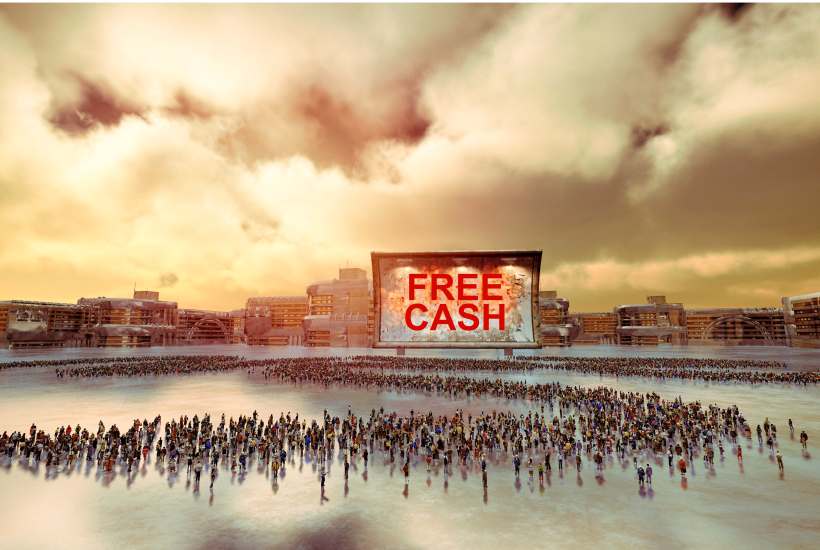

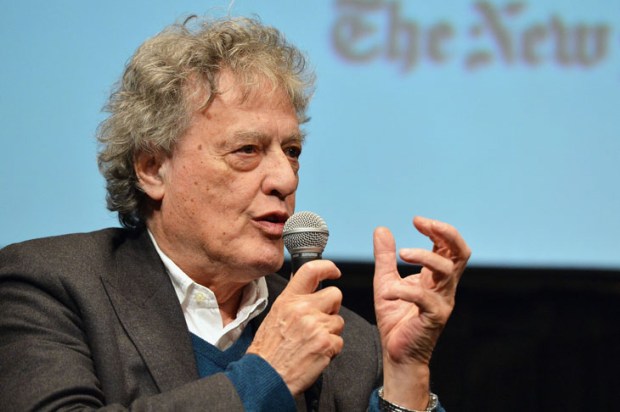
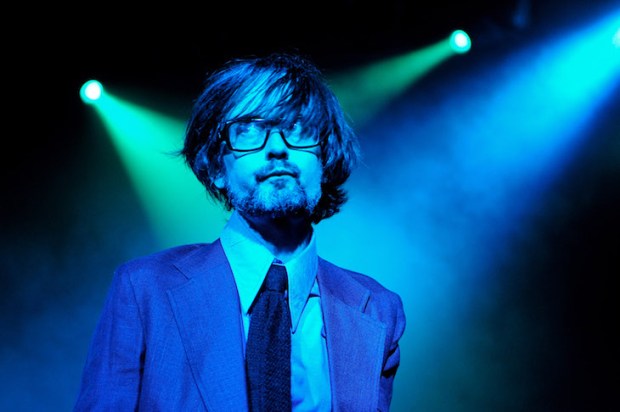

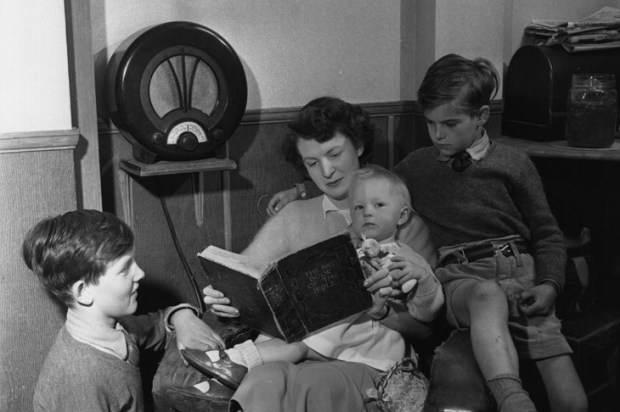
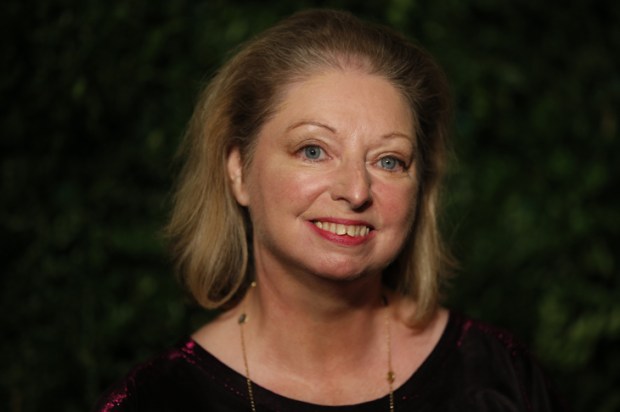






Comments
Don't miss out
Join the conversation with other Spectator Australia readers. Subscribe to leave a comment.
SUBSCRIBEAlready a subscriber? Log in